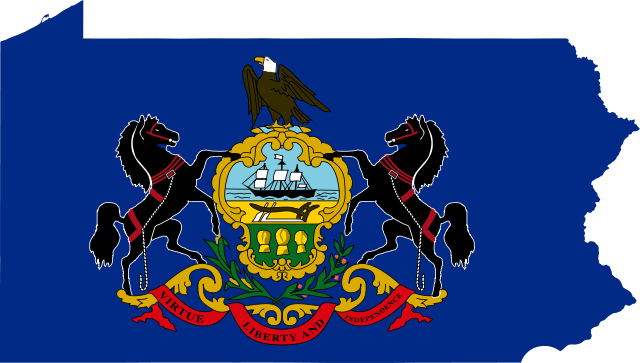Pennsylvania is shouldering $47 billion of pension debt, according to the Governor’s Office, and that figure doesn’t include the unfunded liabilities of the state’s municipal pension systems.
No easy solution awaits. But Thomas A. Firey, managing editor of economics journal Regulation, writes on Philly.com that a “buyback” program is worth considering.
Firey writes:
The deficits have prompted calls to cut benefits, but workers and their unions reply that these promises were made in good faith – and written into contracts. It’s hard to disagree. Also hard to dispute are the concerns of state residents who point to an already heavy tax burden that makes it hard to provide for their families, let alone public employees. Finally, there are those who worry that essential services could be cut in any pension fix.
[…]
Harrisburg should create a program that would allow individual state and local public employees to voluntarily sell back some of their pension benefits in exchange for cash. If engineered correctly (perhaps using an auction mechanism), the overall savings to taxpayers could be very large, even if the state has to borrow money for the payouts.
If this program were implemented, everyone would win. Workers who sign up would get more immediate compensation, while non-participating members would see no change in their retirement benefits. The long-term pension cost to taxpayers would be reduced, and lawmakers would be under less pressure to cut government programs.
The new governor, state legislators, and union leaders should consider this option if they are serious about addressing the commonwealth’s pension crisis.
Read the full piece, including a description of a similar initiative’s fate in Illinois, here.
Photo credit: “Flag-map of Pennsylvania” by Niagara – Own work from File:Flag of Pennsylvania.svg and File:USA Pennsylvania location map.svgThis vector image was created with Inkscape. Licensed under CC BY-SA 3.0 via Wikimedia Commons – http://commons.wikimedia.org/wiki/File:Flag-map_of_Pennsylvania.svg#mediaviewer/File:Flag-map_of_Pennsylvania.svg

